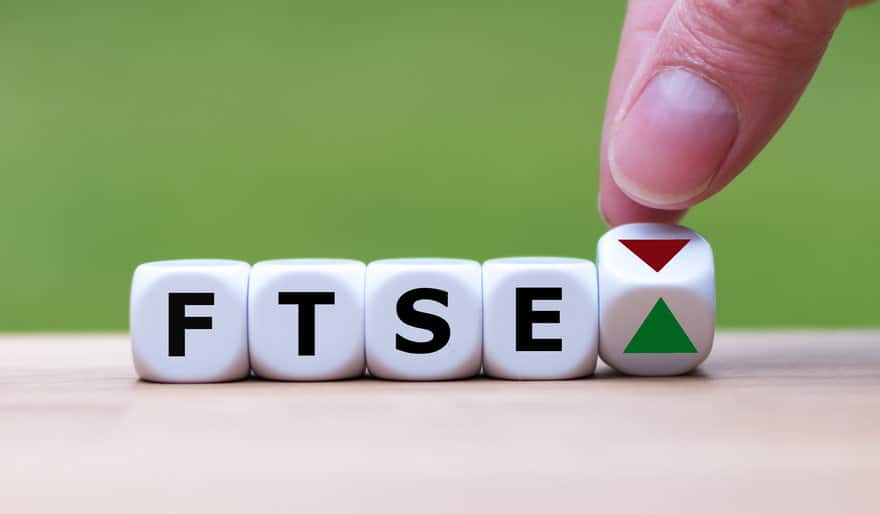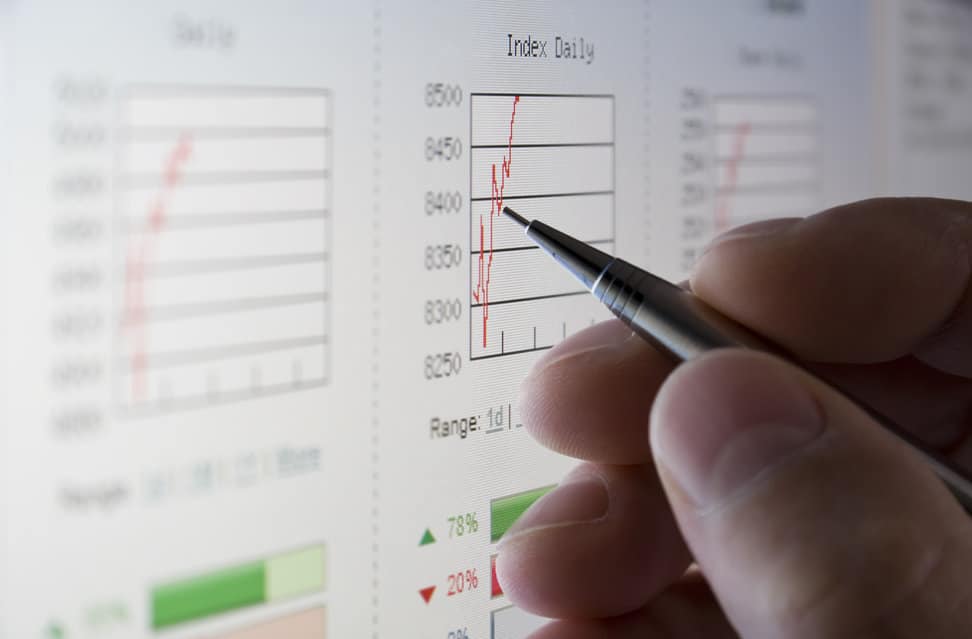Jasmine Birtles
Your money-making expert. Financial journalist, TV and radio personality.

If you’ve got some cash to invest, you might be considering adding some cheap FTSE shares to your portfolio. But what are they, and what are the risks and advantages involved? And how do you know when to take the plunge and invest in them?
Here, we’ll explain what cheap FTSE shares are and why you might decide to invest in them. We hope by the end of this article you’ll have a better idea of whether or not this is a route you want to go down…

Master Investor describes cheap FTSE shares as “shares that trade on exceptionally low valuations” that may “face uncertain futures; hence their current discounts to intrinsic value.” The site goes on to explain that these companies may, however, have sufficient catalysts for growth that will help them to “deliver successful recoveries in the long run.”
Essentially, they are shares in areas that might face trouble in the future – but that could also see a large amount of growth.
Like with many things, whether shares are cheap or expensive depends on how many people are looking to buy or sell them. Shares in a newly formed company, for example, are likely to be cheaper if the company is relatively unknown and/or without a proven track record.
Lots of things can affect the price of a company’s shares, including uncertainty over their future in the market. If a company looks like it might be about to grow quickly, more people may look to buy shares in it. This will mean their share price goes up. If you can get in and buy your shares cheaply before this happens, you’re onto a winner.
For example, at the moment, because of the general craze for ESG (Environment, Society, Governance) investments (i.e. ‘green’ investments), a lot of companies that deal in the ‘extraction industries’ (coal, gas, oil etc) are being overlooked. Many of them are robust operations that are doing good business but are simply out of favour at the moment. If you’re looking for a cheap deal right now then that sector could be worth a look, as Tim Price of Price Value Partners points out: “We think that some petrochemical and hydrocarbon legacy businesses are especially cheap now” he says, “because the rise of ESG (environmental / social / governance) screening has put pressure on many extractive companies to divest themselves of businesses perceived to be ‘unclean’ by the green lobby. We favour smaller companies which are even more overlooked by the market; our primary concern lies in avoiding companies with too much debt. Debt will prove to be a killer in the next recession.”
There are two key things that tell you when it’s a good time to invest in cheap FTSE shares. They are:
So, when might a company’s shares be selling for less than it is worth? And when might be a good time to look into buying?
When a company is relatively new or unproven, its share price is likely to be less. With research into which companies look promising and which industries might be the most lucrative in a few years, you can get ahead of the game. Think about all those people who wish they’d bought Apple stock back in the early 80s, or Facebook stock in the early 00s. Make the right choices when it comes to cheap FTSE shares now, and you might just be able to avoid having the same regrets.
As Investopedia says, “The period of time after any correction or crash has historically been a great time for investors to buy in at bargain prices.” Despite this, investors don’t tend to jump on cheap shares like they might be expected to. This gives a good opportunity for you to look for a bargain. Keep an eye on the financial news, and sweep in when prices are low – you’ll thank yourself later!
In short, it’s all about doing your homework. So make sure you put the effort in so you know if you’re making the right choice!
Using an index tracker fund can be a good solution if you want to keep your shares portfolio relatively simple, so maybe look into this option too.

Of course, there are risks involved in buying cheap FTSE shares. They include, but aren’t limited to:
It’s important to remember that, as with most investments, the amount that you invest can go down as well as up. You should be sure before you make the decision. Don’t be afraid to seek out further advice if you need it.
The advantages, on the other hand, could be great. There is almost no cap on what your cheap FTSE shares could be worth in a few years’ time. This is especially true if you’ve done your homework into the company and how the market is likely to move in the near future. Large investment gains could be the result.
If you’re thinking about short term rather than long term gain, buying shares when they’re cheap also means that you could sell them on in the near future when they’re worth more. This could offer you a quick turnaround and a tidy cash profit.
Another benefit of investing in shares is that it’ll contribute to a diverse investment portfolio. A diverse portfolio is good for a few reasons, including your own security. If one of your investments fails, it’s reassuring to know that the diversity of your portfolio means your others are still likely to be safe.
Of course, there are other options than buying shares if you want to invest your money. Property is a good bet, as is art, gold, or (if you want to be sensible) a high-yield savings account. You might also want to consider bonds or equity. The key rule is to make sure whatever it is that you choose to invest in is going to gain money rather than lose it. So sports cars are out, but diamonds are in… nice work if you can get it!
Have you had a good experience after buying cheap FTSE shares? We’d love to know about it. Let us know over on the forums.
*This is not financial or investment advice. Remember to do your own research and speak to a professional advisor before parting with any money.

Something I’ve considered. Appreciate all the information.